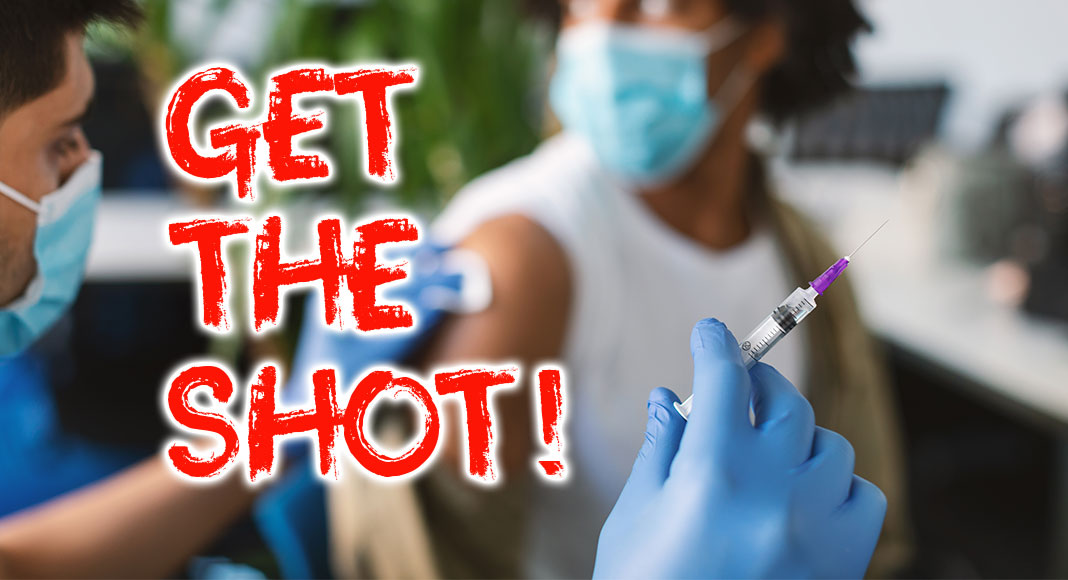
Mega Doctor News
What are COVID-19 variants?
- Viruses constantly change through mutation.
- It’s normal for new variants of a virus to occur over time, just like the flu.
- Variants occur when the virus reproduces itself in the human body and mutates to evade our immune (body’s defense) system.
- As more people are infected, there is more chance for the virus to change again.
What are the COVID-19 variants of concern?
- Public Health organizations become concerned about a variant when it affects COVID-19 transmission (spread), severity, treatment, or vaccine effectiveness.
- Currently, the Delta variant is the dominant strain in San Francisco and around the world, and it is highly contagious.
What are the symptoms of COVID-19 variants?
- Symptoms are the same as the original COVID-19 strain. These can include: fever or chills, cough, shortness of breath or difficulty breathing, fatigue, muscle or body aches, headache, new loss of smell or taste, sore throat, congestion or runny nose, nausea or vomiting, or diarrhea.
- However, early studies suggest that when people infected with Delta get symptoms,
Do the vaccines protect us from the variants?
• Yes! People who are not vaccinated are more likely to get sick with the Delta variant.
• How well the vaccines work against the variants is still being studied. However, early studies show that the current vaccines available in the U.S. are highly effective in preventing severe infection (often leading to hospitalization) and death, even against the Delta variant.
• Getting vaccinated also helps protect those who are unable to get vaccinated, including younger children and those with conditions that make vaccination a greater risk.
Why are fully vaccinated people still getting infected with COVID-19?
- There are rare cases when someone who has already been fully vaccinated is infected with COVID-19. These are called “breakthrough infections”.
- Some breakthrough infections are expected. Even though vaccines are highly effective at preventing severe illness and death, no vaccine offers 100% protection.
- Those vaccinated who test positive for COVID-19 experience less severe symptoms compared to unvaccinated individuals and are much less likely to be hospitalized.
With Delta here, now is not the time to be unvaccinated.
Nearly all COVID-19 deaths in the United States are among unvaccinated adults.











